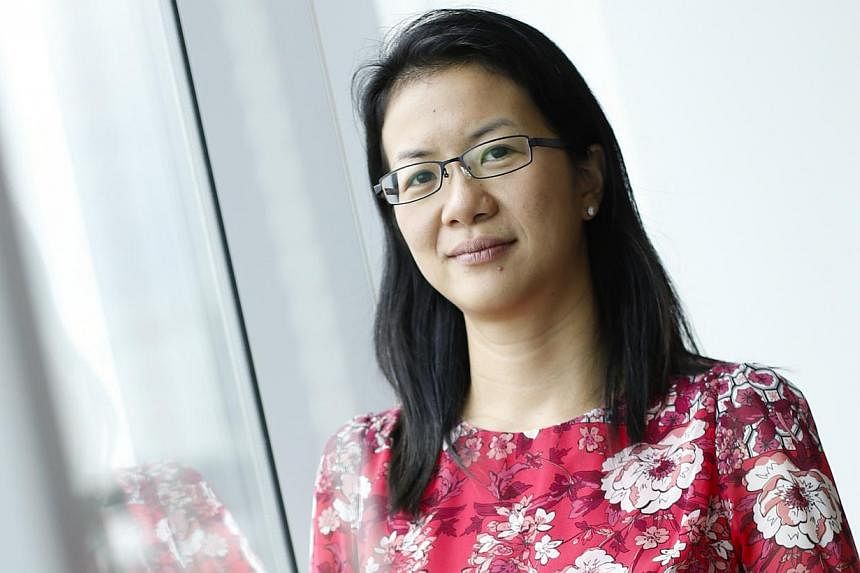In 2004, when Ms Annie Tan was heavily pregnant with her first child, she was also busy giving life to a baby of a different sort. 
In her personal protective gear, the chemical engineer and only woman in a six-member team leading the five-year development of Keppel Merlimau Cogen on Jurong Island would slowly negotiate its grounds, which now span 60,000 sq m, ensuring that everything was on track.
The 500MW plant was the first power plant commissioned in Singapore's newly liberalised electricity market, and Keppel was the first company to bring natural gas from Malaysia directly into Singapore's main gas network.
"It took close to seven years before we saw the first fruits of our labour," recalls Ms Tan, the proud "parent".
Just two months after her daughter arrived, Ms Tan was back at work and ready to see the plant through to the beginning of its commercial operations in April 2007.
Ms Tan was one of Keppel Infrastructure's first few employees. When she joined in 1999, it was known as Keppel FELS Energy, and then as Keppel Energy.
Despite early dreams of becoming a teacher like her mother and grandmother, Ms Tan says it is not surprising that she ended up in the power sector.
Now a Singapore permanent resident, she was born in Miri, the second-largest city in the Malaysian state of Sarawak.
The oil-rich state in Borneo also has the distinction of giving birth to Malaysia's petroleum industry.
"I had always enjoyed maths, chemistry and physics, and having spent all my growing years in Miri meant that I was constantly exposed to the oil and gas industry. "It naturally steered me towards chemical engineering," Ms Tan says.
She did her undergraduate studies at the University of Manchester Institute of Science and Technology under the British High Commissioner's Chevening Scholarship. She then received an EDB corporate scholarship, with Keppel FELS as her sponsor, to do her master's degree in science at the same university.
Seven years later, Ms Tan, 38, is now a senior manager of Keppel Infrastructure's business development unit, doing everything from evaluating new projects and mergers and acquisitions to thinking up enhancements to platforms.
"There is no typical day. You need to be nimble and flexible. With advancements in technology and the evolution of local and global regulatory frameworks, businesses have to be more efficient, innovative and bold," she says.
It is a far cry from a career that her very first boss had warned would have both highs and lows, busy periods peppered with slow, boring ones. "I have yet to experience any of those lulls," she says with a laugh.
Even as Ms Tan has helped to grow Keppel Infrastructure, her own family has also grown. Her daughter is now 10, and she and her entrepreneur husband also have two sons, aged five and three.
While the children have not yet seen a power plant up close,they are invariably thrilled when Mum comes home straight from her "on site" duties in safety boots, helmet and all. She says: "They know that Keppel is among the companies that power up Singapore."
This article was first published on Oct 20, 2014.

